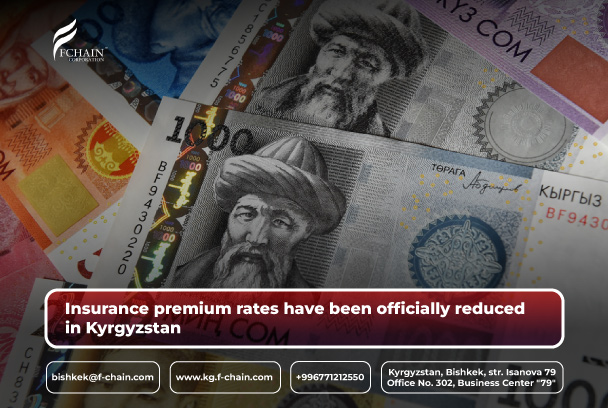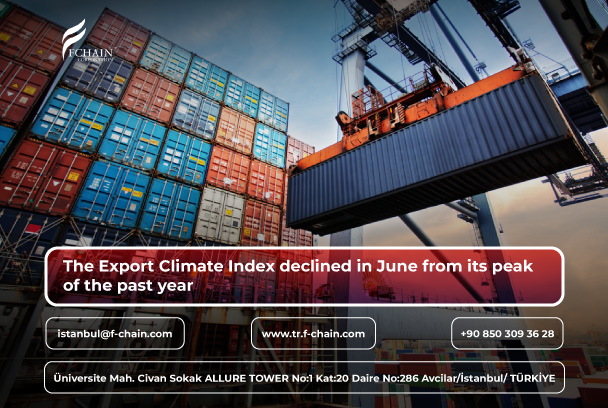- Home
- A New Metropolis and the Free Trade Zone in Kazakhstan
A New Metropolis and the Free Trade Zone in Kazakhstan
The concept of Export Processing Zone (EPZ) or Free Trade Zone or Special Economic Zone (SEZ) has been used since 1930s by many countries, especially by developing nations to promote industrial and commercial exports. It is established in a location close to good international transport, the major seaports and international airports and goods are stored, handled, manufactured or re-exported there. The purpose of developing countries to establish the EPZ is developing an export-oriented manufacturing sector and allowing exporters duty-free access to imported equipment, goods and materials.
The number of countries using the EPZ has expanded and today there are over 5.400 EPZs in the world. 1000 of them were established in the past five years and experts consider 500 new special economic zones to be built in a few years. Establishing the EPZ countries attract foreign investors, collaborators and buyers, who can facilitate entry into the world market and to employ people. In 2003 43 million people were employed in 116 countries in free trade zones.
On November 15, 2020 fifteen countries of the Regional Comprehensive Economic Partnership (RCEP) held a virtual signing ceremony for creation of the world’s largest free trade zone from the southern borders of Kazakhstan in the North to the South Pacific, including Zealand. The negotiation started in 2012 and was concluded by ten ASEAN (the Association of Southeast Asian Nations, founded on August 8, 1967) countries and Australia, China, Japan, New Zealand and South Korea.
The Prime Minister of the Kazakhstan Republic, Askar Mamin got acquainted with the updated master plan for the development of a new city in the Almaty region – G4 City at the Astana International Financial centre.
So, a new city and free economic zone –G4 City is to be built in Almaty region of Kazakhstan. The Metropolis will be located along the Almaty-Kapshagai highway and will consist of four districts: Gate District – business and financial centre, Golden district-educational and medical hub, Growing district – industrial and logistics hub, Green district –tourism and entertainment centre. G4 City will be granted the status of a special economic zone. The international airport is to be built and direct air communication with Singapore is to open in the nearest future.
G4 City is expected to become a new economic hub of Central Asia and to give a serious impetus to further growth of foreign investment in the economy of Kazakhstan. More than 1 million working places will be provided in the metropolis with population of 2.2 million citizens by 2050.
Up to now the main engineering networks have been installed in the Gate District, the construction of the residential area “Koyankus” is being built. According to the master plan 300 thousand square meters of housing is planned to be constructed in this area.
The construction of G4 City will be implemented by Singaporean state-owned company Surbana Jurong Group. This is one of the largest corporations of Singapore, busy with urban and infrastructure development, having 16 thousand employees and functioning in 40 countries in the world. It has constructed more than 1 million apartments in Singapore, developed master plans in 30 countries, designed more than 100 industrial parks.
An agreement was signed between the Kazakh Company J&C Caspian Group and Surbana Jurong Group on further cooperation of the G4 City project.
The practice of free trade zones demonstrated both advantages and disadvantages.
These are some advantages of the EPZ: faster technological progress, access to foreign investment opportunities, hedging against business risks, economic growth opportunities, decrease of taxes paid by consumers and businessman, decrease of government expenditures because of free trade, low prices and improvement in the quality of goods in the country.
Unfortunately, there are disadvantages of the EPZ as well: impediment in the Development of the Domestic industries, depletion of natural resources, environmental pollution, tax avoidance. Domestic industries in the country may collapse due to foreign competition, cheaper goods and unrestricted imports.
FCHAIN would like to wish our Kazakh brothers all the best in their fantastic, grand, as well as difficult project and we would like you to have only advantages from this project. We are sure everything you do will be excellent. Forget about disadvantageous and hope for the best and you will have tremendous advantages from the EPZ. So, as they say: No risk, no gain.
- Author: Gunel Musa
Public Relations Manager
Latest news



Consultation
Contact us or find nearest office

